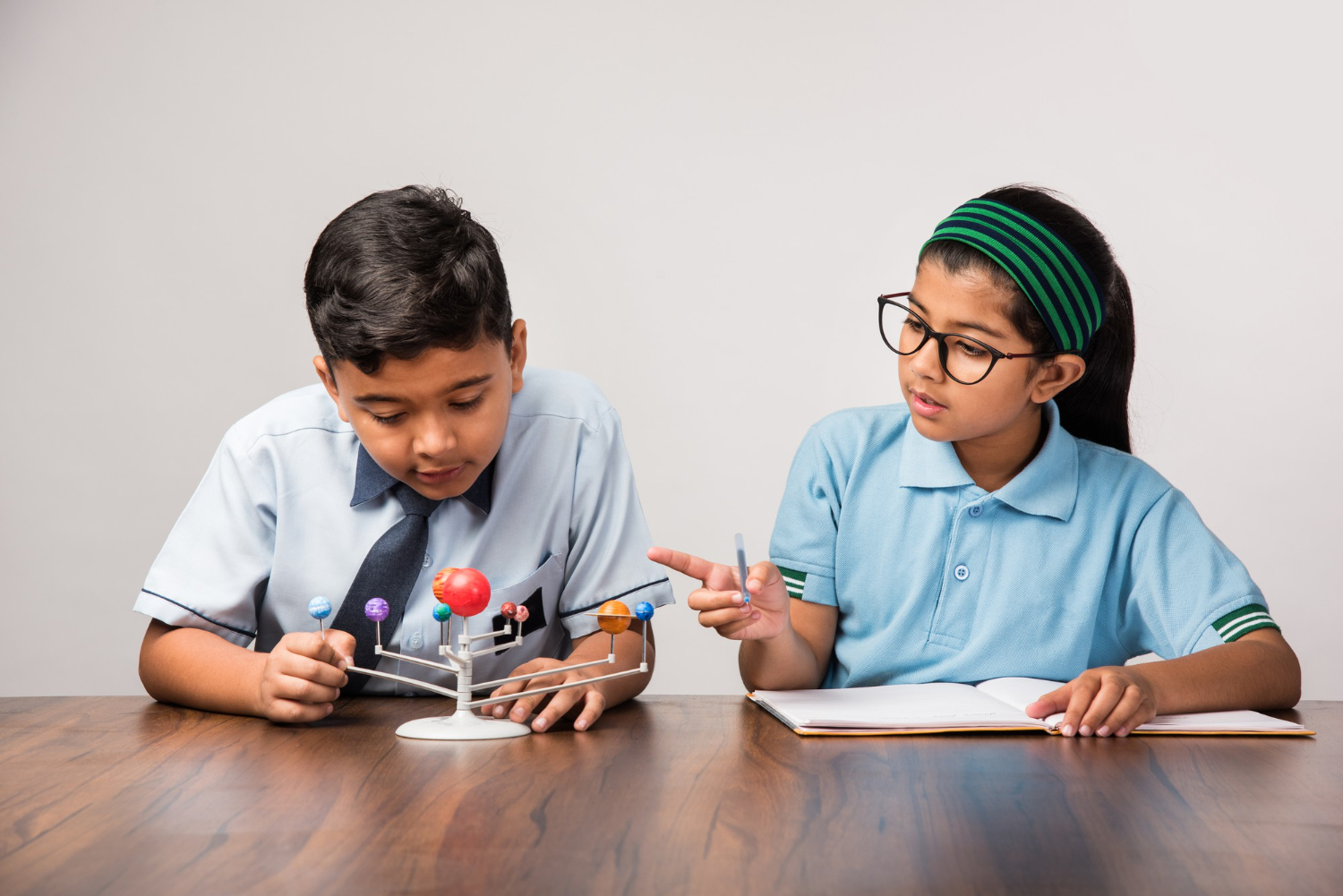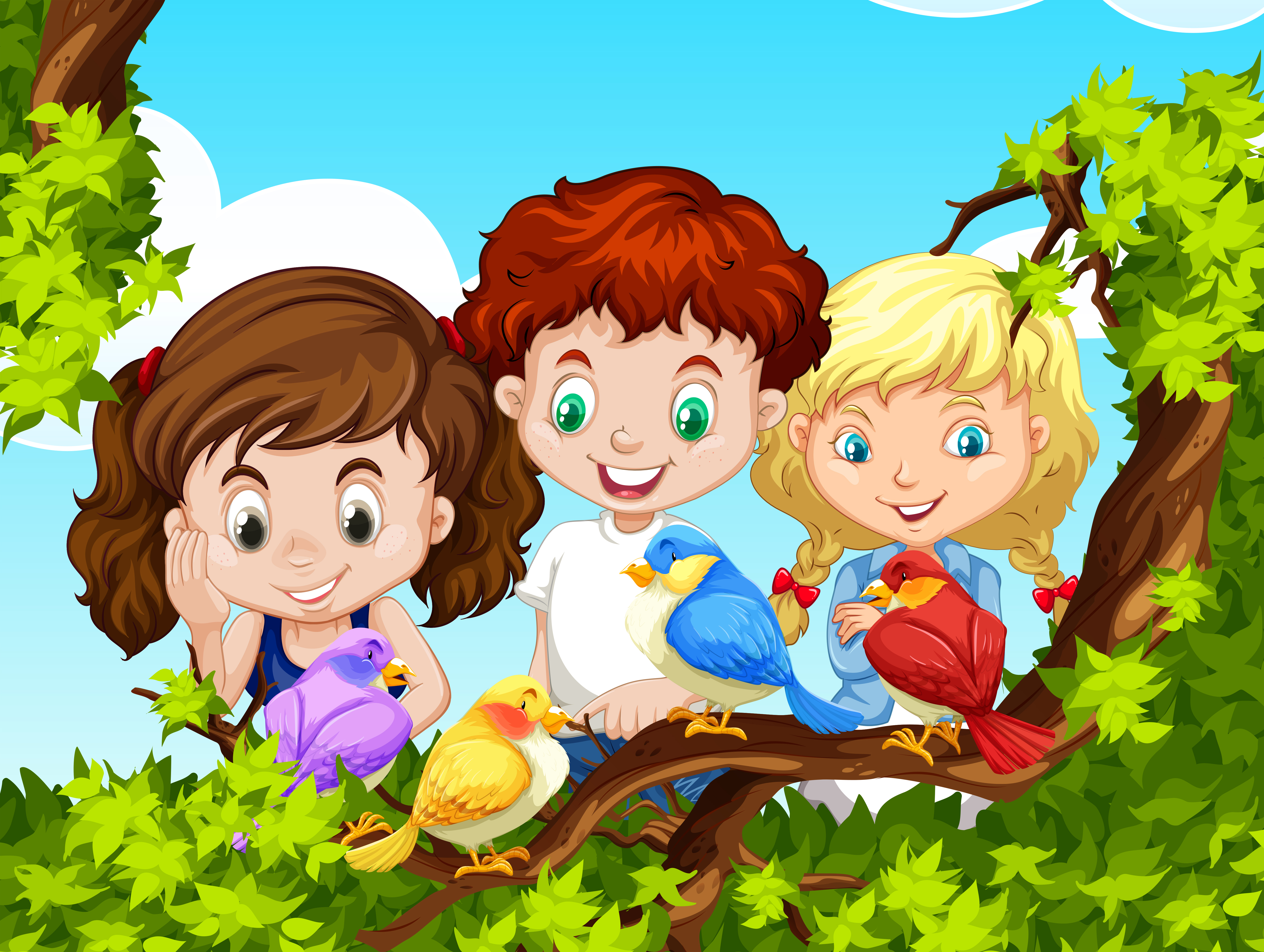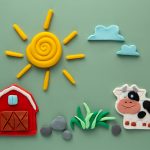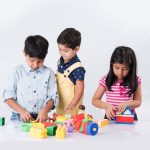Effective communication is a fundamental skill that all children should learn to succeed. This blog will provide the necessary guidance on how to help children build strong communication skills. We will discuss the importance of communication, activities, and communication skills games to help children develop their communication skills.
Why Are Communication Skills Important for Kids?
Good communication skills give children the tools they need to build meaningful relationships with others, express themselves clearly and accurately, problem-solve effectively, negotiate conflicts, and easily handle difficult conversations. Having the ability to communicate effectively helps kids feel more confident in social situations and better able to take stress or anxiety when it arises. It also gives them a foundation for understanding that will serve them well into adulthood. Get the children admission to preschool for developing and learning better communication skills.
Communication is also a key factor in developing social and emotional skills, which can help children express themselves better, make friends, resolve conflicts, and even build self-confidence.
Parental Guide for Encouraging Communication Skills in Kids
Communication is an essential life skill that parents can help their children develop from an early age. For parents and guardians, it is important to understand the best practices and strategies to help kids develop their communication skills. This includes understanding how verbal and non-verbal communication works in kids and language development strategies that can help them communicate better.
For kids, communication is more than just talking. Also, it covers nonverbal communication, like body language, facial expressions, and eye contact. These nonverbal cues can convey important information and help kids express themselves even when they don’t have the words.
By teaching and modelling good communication skills, parents and caregivers can give kids the tools they need to be successful now and in the future. Several communication activities and communication skills games can help children improve their communication skills. Creative activities are a great way to help children develop their communication skills. Read more about the best positive parenting tips that every parent should know.
“Good communication is the bridge between confusion and clarity.”
Nat Turner
3 Essential Tips for Parents to Help Improve Communication Skills in Kids
Parenting is one of the best ways to help improve communication skills in their kids to be good listeners and create an environment that encourages conversation.
- Build a home environment where kids feel safe and comfortable talking about their feelings, ideas, and opinions.
- Make sure you remove distractions and pay attention when your children communicate with you. This will show your respect for their thoughts and opinions, which can help build their self-esteem.
- Parents can model good communication habits by speaking clearly, asking questions, role-playing different social situations; reading books together; writing stories; using visual aids like diagrams or pictures; discussing news articles or current events; engaging in family meetings where each member can share ideas or feelings without interruption; creating art projects together; setting time aside for one-on-one discussion and encouraging verbal responses.
16 Engaging Communication Games for Kids
Communication activities for kids can help children develop their communication skills. These activities involve practice with different communication skills, such as verbal, written, and nonverbal. We will explore various communication activities for kids and games that can be played to help develop and reinforce essential communication skills for kids.
- Draw a Picture
- Communication Bingo
- Role-Playing
- Storytelling
- Charades
- Debates
- Table Topics
- Two Truths & A Lie
- Yes & No
- Scavenger Hunt
- Play Catch
- Have a picnic
- Make a Recipe Together
- I Spy
- Telephone
- Simon Says
Draw a picture instead of using words to ask for what you want. This form of Pictionary can help children learn how to communicate their thoughts and desires. Read more about the best easy drawing ideas for kids.
Each player is given a bingo card with communication-related phrases in the squares for this game. Examples of words could be “maintains eye contact,” “uses clear language,” “asks meaningful questions,” and “gives feedback.” Each player’s objective in the game is to collect 5 in a row by listening to their group members as they communicate. As players observe an example of one of the phrases on their cards, they can mark it off. This encourages kids to pay attention to how others are communicating. All words should be understandable by someone age 13 who reads at an 8th-grade level. Each phrase should convey meaning without being repetitive or robotic.
Role-Playing is one of the excellent communication games for kids. Pick a theme for your kids to act out and discuss together. For example, the theme could be “going on a camping trip,” The kids would have to act out their conversations as if they were planning the trip in real life. Please encourage them to act out different scenarios and roles where they emulate other characters in a scripted system. This helps them to develop their social skills and learn about different perspectives. You can also let them create scenarios and act them out with friends or family members.
Encourage children to share/tell stories, made up or from their own experiences, using words and emotions. This helps them to develop their vocabulary and narrative skills. Please encourage them to use descriptive language and different sentence structures and think critically about what they’re saying. You can also follow the one-word story format where; one person starts a story with one word, and each player takes turns adding to the story using only one word at a time. The intention is for everyone to work to develop a compelling story. This activity boosts creative writing skills, aids in memorization, develops logical reasoning abilities, homes storytelling techniques, encourages problem-solving, and nurtures empathy. Most importantly, storytelling boosts importance of communication skills in kids.
The “Charades” game teaches children to think creatively, pay attention to details, use their bodies to convey messages, practice quick thinking, and elucidate the importance of communication skills in kids. One participant creates a word or phrase, and the other players have to guess what the word or phrase is. Have your kids communicate by acting out different emotions, objects, or actions without speaking aloud. You can also make it more challenging by adding a time limit or having them act out multiple words simultaneously. You can also give them a scene where they have to act out without speaking any words. This requires clear communication and creative expression from both sides to ensure the audience understands what’s happening. This will help them interpret nonverbal cues from others and practice communicating in ways other than just speaking and writing.
Debates are one of the best communication games for students. Create teams where each team argues a point while the other defends its opposing argument. This activity allows kids to practice developing ideas logically with evidence, listen actively to opposing views and weigh both sides of an issue fairly, think quickly on their feet, voice opinions respectfully, work together towards common goals, and manage stress during heated conversations. It also develops their critical thinking skills.
Each player takes turns asking 20 questions about themselves or others in the group. Everyone then has a chance to answer the questions. This game promotes active listening skills, builds confidence in public speaking, cultivates collaboration and cooperation, and encourages creativity.
Players take turns telling one lie and two truths about themselves. Everyone must then guess which statement is false. This game challenges critical thinking skills, enhances conversational fluency, teaches kids to distinguish between accurate and inaccurate information, sharpens memory retention, and strengthens players’ trust.
Each player takes a turn saying a sentence or phrase, but every response must start with either yes or no. This will encourage players to think on their feet as they try to keep the conversation going. With activities such as ‘Yes & NO,’ kids will learn to improve their communication effectively.
Start by giving each group an item they need to find within the room. They can’t just look for it; instead, they have to ask questions about the item and look for clues in the answers given. This encourages teamwork and critical thinking skills. Activities like Scavenger Hunt will help kids improve their communication greatly.
Play catch is one of the nostalgic communication games among kids. This classic game is a great way to improve hand-eye coordination and communication skills.
A picnic is a perfect opportunity for your child to practice social skills. Please encourage them to talk to their friends, share food and make conversation.
Cooking is fun for kids to learn about communication and teamwork. Ask them to help you measure, stir and mix the ingredients. It is an excellent opportunity for children to learn about different ingredients, measurements, and other important information. Cooking or baking with you helps children to learn new words, follow instructions and talk about their experiences.
This game is a great way to teach kids about observation and communication. One player starts by saying, “I spy with my eye something that is…” and then describes an object in the room. The other players then have to try to guess what the thing is. This game reinforces the importance of paying attention and being an active listener.
This game is a great way to teach kids about listening and communication. One player whispers a message to the player next to them, then that player whispers to the next participant to receive the news, and so forth. The last player then has to say the message aloud. The game’s goal is to accurately determine the statement after it has been passed through a few players.
This game is a great way to teach kids about following directions. One player, Simon, gives commands by saying, “Simon says…” telling the kids to perform a physical action. The players can only do the controls if they start with the phrase “Simon says.” If Simon leaves out “Simon says” before giving instruction, anyone who performed the activity is out! This game is also a great way to teach kids about paying attention. Simon Says is one of the best communication activities for kids.
So, which set of activities and games have you decided to introduce to improve communication skills in children?
Conclusion
Good communication skills provide a strong foundation upon which successful relationships can be built, allowing children to express themselves better, solve problems, handle difficult conversations gracefully, and navigate social settings confidently. There are many communication activities for kids parents can engage in at home or through school that will help encourage effective communication in their kids – from conversing about topics they find interesting to playing communication skills games designed around building communication skills for kids – which can significantly impact how well your child is helped be successful now and later on down the road. Which one will you engage your child with today?
For informative and accurate articles on all things related to your new born-toddler’s development, growth, health and nutrition, follow EuroKids Blogs and do check out our nationally recognized preschools – EuroKids for the first step in your kid’s educational journey!












